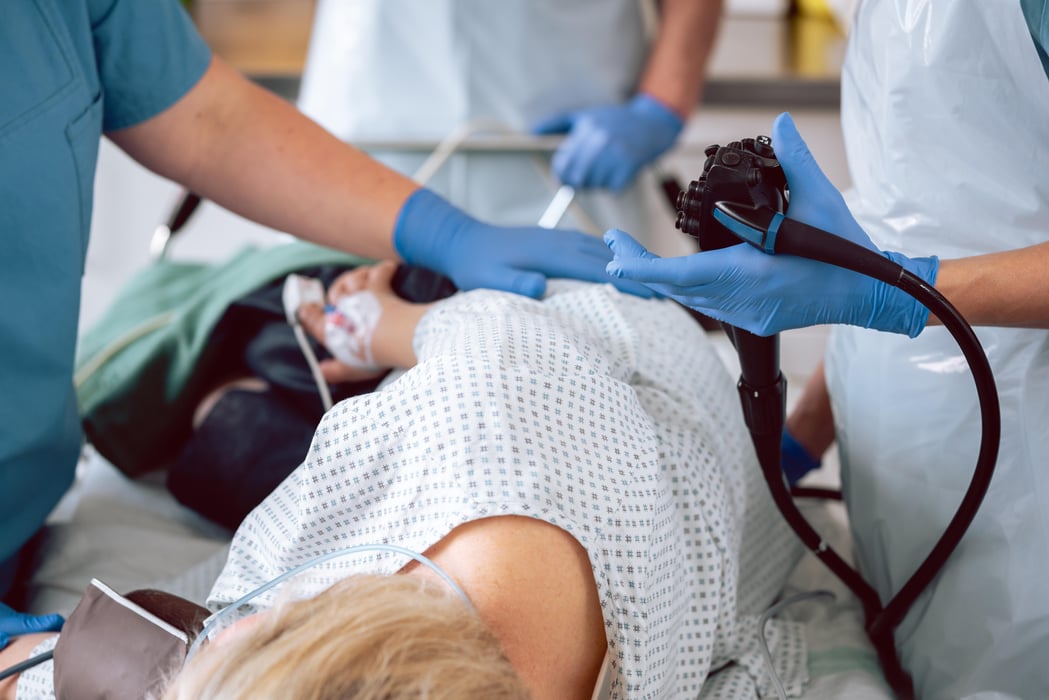Risk for Advanced Neoplasm Low 10+ Years After Negative Colonoscopy

THURSDAY, Jan. 19, 2023 (HealthDay News) -- The risk for advanced colorectal neoplasms (ADNs) 10 or more years after a negative screening colonoscopy is low, according to a study published online Jan. 17 in JAMA Internal Medicine.
Thomas Heisser, from the German Cancer Research Center in Heidelberg, and colleagues assessed the prevalence of ADNs at ≥10 years after a negative screening colonoscopy among 120,298 repeated screening colonoscopy participants in Germany.
The researchers found that at 10 years, the prevalence of ADNs was 3.6 percent in women and 5.2 percent among men, which increased to 4.9 and 6.6 percent, respectively, among those who had a negative colonoscopy ≥14 years prior. Among all screening colonoscopies among patients aged 65 years or older (1.25 million) during the same time period, prevalence was 7.1 and 11.6 percent, respectively. For repeated colonoscopies ≥10 years after a negative colonoscopy, sex-specific and age-specific prevalence rates of ADNs were consistently at least 40 percent lower among women than men, lower at younger versus older ages, and much lower than for all screening colonoscopies (standardized prevalence ratios for cancers: 0.22 to 0.38 among women and 0.15 to 0.24 among men; standardized prevalence ratios for ADNs: 0.49 to 0.62 among women and 0.50 to 0.56 among men).
"Extension of the currently recommended 10-year screening intervals may be warranted, especially for female and younger participants without gastrointestinal symptoms," the authors write.
Related Posts
Depression, Anxiety Could Raise a Pregnant Woman’s Odds for C-Section
FRIDAY, Oct. 22, 2021 (HealthDay News) – While anxiety and depression in...
Resolved to Quit Smoking This Year? Experts Offer Tips
WEDNESDAY, Jan. 5, 2022 (HealthDay News) – If giving up tobacco is one of your...
Pfizer Says Final Data Shows COVID Pill Stays Strong Against Severe Illness
TUESDAY, Dec. 14, 2021 (HealthDay News) -- Pfizer Inc. announced Tuesday that a...
EE. UU. se enfrenta a una escasez de médicos de enfermedades infecciosas
LUNES, 19 de diciembre de 2022 (HealthDay News) -- La pandemia de COVID-19. Las...
